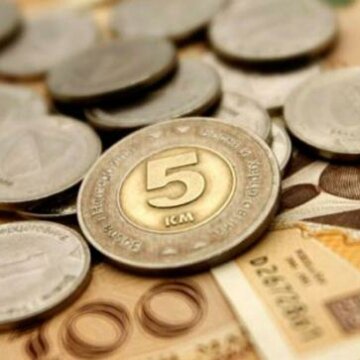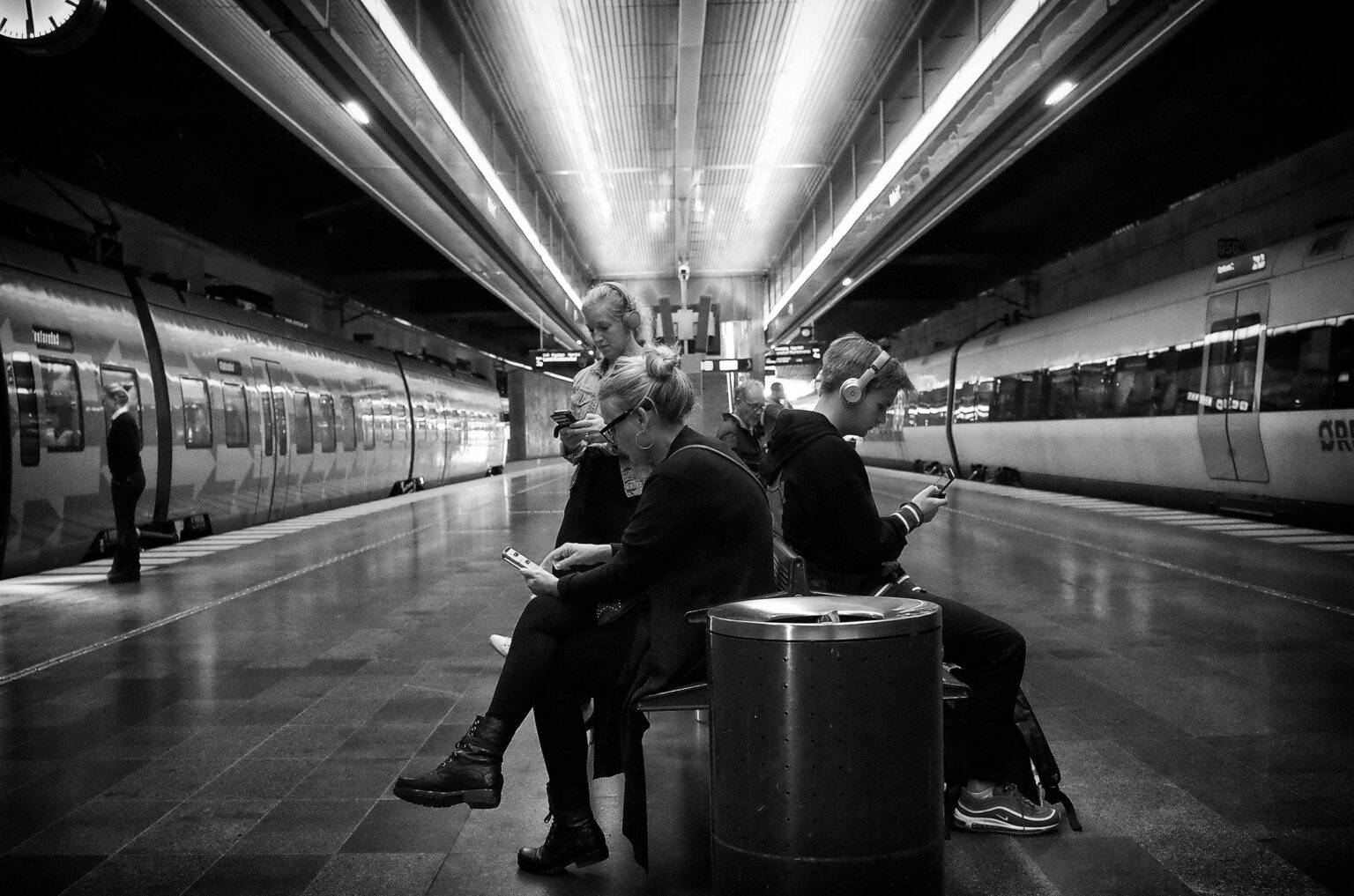- About
- Topics
- Picks
- Audio
- Story
- In-Depth
- Opinion
- News
- Donate
- Signup for our newsletterOur Editors' Best Picks.Send
Read, Debate: Engage.
| topic: | Transparency and Corruption |
|---|---|
| located: | Bosnia and Herzegovina |
| editor: | Katarina Panić |
According to Johns Hopkins University, Bosnia and Herzegovina recorded the highest rate of coronavirus deaths per capita in Europe last week. Compared to the entire world, only Peru has a worse death toll. The infamous record is most likely caused by the delayed start of mass inoculation and vaccination hesitancy.
At the same time, police arrested four people over suspicious purchases of COVID-19 related medical equipment in Bosnia's semi-autonomous entity. Branislav Zeljković, the head of Republika Srpska Public Health Institute, and three other people – owners of three companies that allegedly were privileged within the public procurement procedures, are accused of taking advantage of the pandemic emergency to acquire considerable property benefits.
Zeljković held the second highest post in Republika Srpska’s healthcare sector, second only to the health minister. These two officials were frequently seen in the media over the last year and a half, urging citizens to abide by anti-pandemic measures, sharing information, fears and warnings. They appeared to care about the public’s health, and people believed them.
Recently, one of the two officials has been frequently seen in the media, but this time from a different perspective: while being arrested. Watching him in handcuffs, which he clumsily tried to hide, I felt disappointed, betrayed, deceived. I trusted him as he addressed the nation, yet meanwhile he had a hidden agenda: how to become rich by taking taxpayers’ money under the shadow of the pandemic. A similar case happened in another of Bosnia's administrative units.
At the same time, I also felt satisfied since the police and prosecutor's office revealed that they had been monitoring the case since June of last year, two months after the first coronavirus related public procurements took place. In a particratic government run by a single faction, it is an exception rather than the rule that officials of the ruling party would be investigated by their own peers.
The prosecutor's office stated, for example that protective hazmat suits were invoiced at the price of €25 apiece, while their actual price was half as much. The face masks were purchased for €0.20 each, then invoiced at the cost of €3.5. And so on. According to Transparency International, a total of €2.2 million were spent on several questionable purchases.
Photo by srimathumitha

